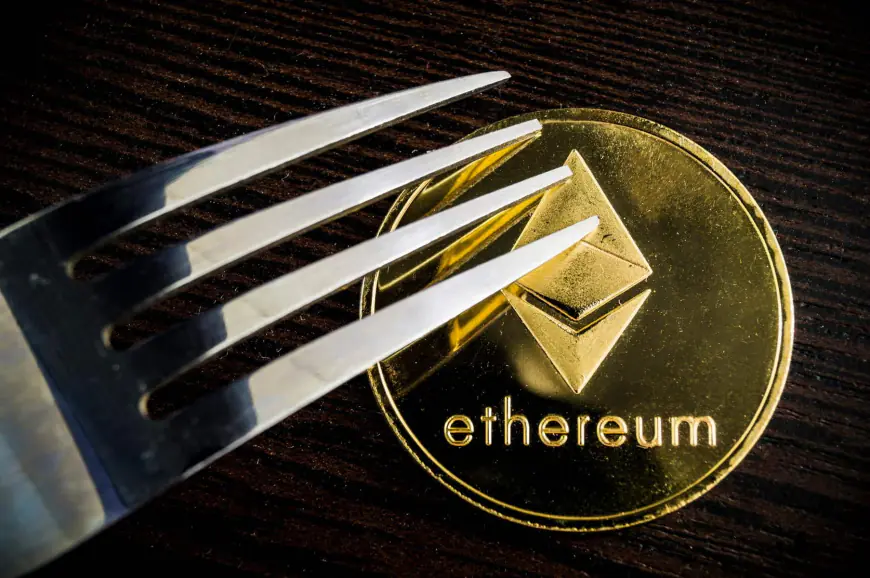Ethereum ETF Launch to Create Supply Crunch, Potentially Propelling ETH Price to New Highs
The potential launch of Ether (ETH) ETFs is expected to create a supply crunch, leading to a subsequent price appreciation. This coincides with a CNF report that over $3 billion worth of ETH has been moved out of centralized exchanges for self-custody. With bated breath, crypto investors anxiously await the official launch of the recently [...]


- The potential launch of Ether (ETH) ETFs is expected to create a supply crunch, leading to a subsequent price appreciation.
- This coincides with a CNF report that over $3 billion worth of ETH has been moved out of centralized exchanges for self-custody.
With bated breath, crypto investors anxiously await the official launch of the recently approved spot Ether ETFs pending the final approval of the S-1 registration forms filed by prospective issuers of the instrument. For Bloomberg analyst James Seyffart, the US Securities and Exchange Commission (SEC) may give the green light this month in light of the close collaboration between the issuer and the regulator towards the launch.
In deliberating the potential impact on the Ether market, analysts have observed that the official launch could result in a supply crunch.
Reporting on this, crypto accounting software firm Integral explained that ETF issuers would certainly buy and hold a large amount of the ETH. This would end up removing a large portion of the asset from the open market, driving up the price. Interestingly, a Crypto News Flash report indicates that the trend is underway as exchange reserves fall to a six-year low following the removal of more than $3 billion worth of ETH since the approval of ETFs on May 23.
According to an Integral report, the supply crunch could be intensified by the separate staking trends. With that being said, it is worth noting that 25% of the ETH supply is currently staked. For the ETF issuers, staking would not be directly engaged, however, the rising price could be a huge benefit to staking participants.
Ether to Follow Bitcoin in the Post ETF Approval Path?
Highlighting some of the merits of this groundbreaking development, Integral stated that the S-1 forms approval would increase institutional adoption of ETH, broadly validating crypto as an asset class. On top of that, the “birth” of “altcoin season” could be witnessed, thanks to the spillover effect of the ETH demand.
Beyond doubt, BlackRock and Fidelity experience success as their IBIT and FBTC record a standout performance with a record-setting streak of inflows in ETF history.
Since inception, these two have accounted for a significant portion of the total ETF flows. According to Bloomberg ETF analyst Eric Balchunas, BlackRock’s IBIT alone accounted for 26% of its $65 billion ETF inflows since the beginning of the year. Obviously, it appears as the largest ETF issuer in the US with 429 exchange-traded funds. Since its launch, $16.7 billion in total inflows have been recorded by IBIT.
Meanwhile, Fidelity’s FBTC fund accounts for 56% of its $15.8 billion total ETF flows this year with $8.9 billion total ETF inflows recorded to date. With these interesting numbers, many are waiting to see whether Ethereum would follow a similar trend as Bitcoin.
At press time, ETH was trading at $3,774 after declining by 1% in the last 24 hours, and 2% in the last seven days. However, the asset still has a positive gain of 21% in the last 30 days after its 24-hour trading volume increased by 15.3%.
To crypto analyst Michael van de Poppe, the asset is building momentum to set a new all-time-high price.
What's Your Reaction?








































































































